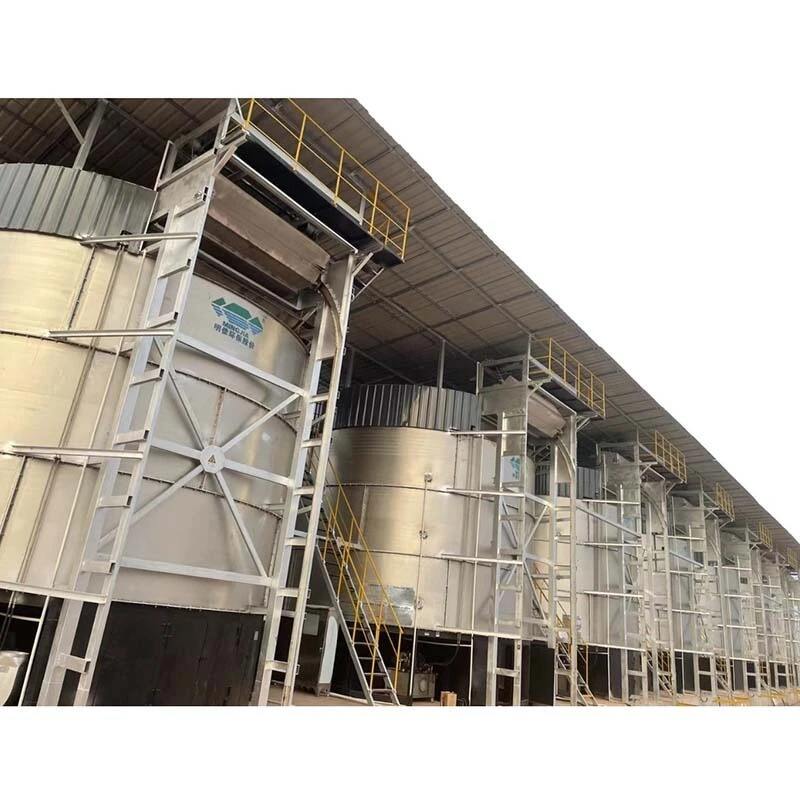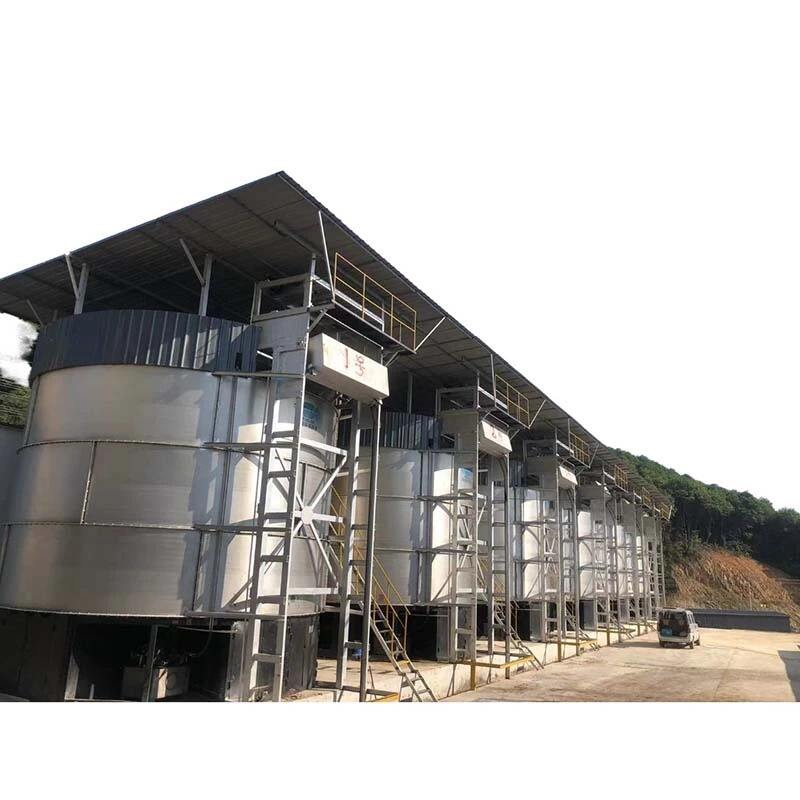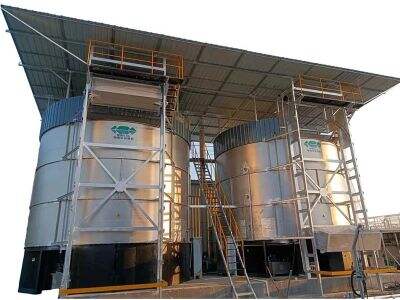Common Mistakes to Avoid When Using an Organic Fertilizer Fermenter
Much more individuals are becoming conscious of their influence on the environmental surroundings, using an organic fertilizer fermenter is increasingly popular. These Mingjia equipment provide many advantages, such as being more environmentally economical and friendly contrasted to fertilizers which can be traditional. However, there are several common mistakes somebody render whenever using these fermenters very often contributes to poor results as harm. We are going to talk about the top mistakes to avoid when using an organic fertilizer absolutely help get the most far from their gardening.
Advantages of Using an Organic Fertilizer Fermenter
Using anOrganic fertilizer fermenteris a very innovative and eco-friendly approach for many who aspire to apply sustainable farming. These fermenters can feel crafted from recycled vinyl, wood, or metal, and is extremely effective and durable. They could transform home waste, yard spend, and even manure animal rich and nutritious fertilizer for the soil. Within the very long run using an organic fertilizer fermenter could help reduce greenhouse gas emissions, improve the quality associated with the soil, and finally result in healthier flowers.

Overfilling the Fermenter
One common error people make once using anorganic fertilizer machineoverfilling it. The main intent behind the fermenter is to break straight down organic materials into fertilizer by motivating microbial growth. However, whenever you overload the fermenter, you will have an insufficient sum f when it comes to bacteria to thrive.
Using Unsafe Materials
Once using an organic fertilizer, using unsafe materials is a blunder which will have serious effects. Specific materials such as managed lumber or vinyl which contains harmful chemical compounds leach towards the soil and contaminate the harvested plants. Consequently, it is imperative to study the kinds of materials recommended to be used in your fermenter.
Not Following the Instructions
Another error which people make when using an organic fertilizer is not reading and following the instructions. Each fermenter has particular instructions it should be assembled, simply how much organic materials be included, and the required levels of liquid and inoculants. Faithfully adhering and researching to these instructions is imperative to have the best possible outcomes their fermenter.
Using Poor Quality Inoculants
Inoculants are crucial since they introduce the necessary bacteria to digest theorganic fertilizer equipmentand materials. Consequently, using low-quality inoculants is a blunder that could have side effects in the fermentation procedure. Low-quality inoculants may not through the correct bacterium or they may be inactive, leading to the fermentation process breaking straight down as taking longer to occur. Always ensure that you incorporate quality inoculants for optimal outcome.

Incorrect Application of Fermenter Fertilizer
The final mistake people often render whenever using an organic fertilizer is not using the fertilizer correctly. The accumulation of nutrient-rich fertilizer through the fermenter is not enough to guarantee healthy plants.
 EN
EN
 AR
AR
 BG
BG
 HR
HR
 CS
CS
 DA
DA
 NL
NL
 FI
FI
 FR
FR
 DE
DE
 EL
EL
 HI
HI
 IT
IT
 JA
JA
 KO
KO
 NO
NO
 PL
PL
 PT
PT
 RO
RO
 RU
RU
 ES
ES
 SV
SV
 TL
TL
 IW
IW
 ID
ID
 UK
UK
 VI
VI
 HU
HU
 TH
TH
 TR
TR
 AF
AF
 GA
GA
 BE
BE
 BN
BN
 KM
KM
 LO
LO
 LA
LA
 MN
MN
 MY
MY
 HAW
HAW


